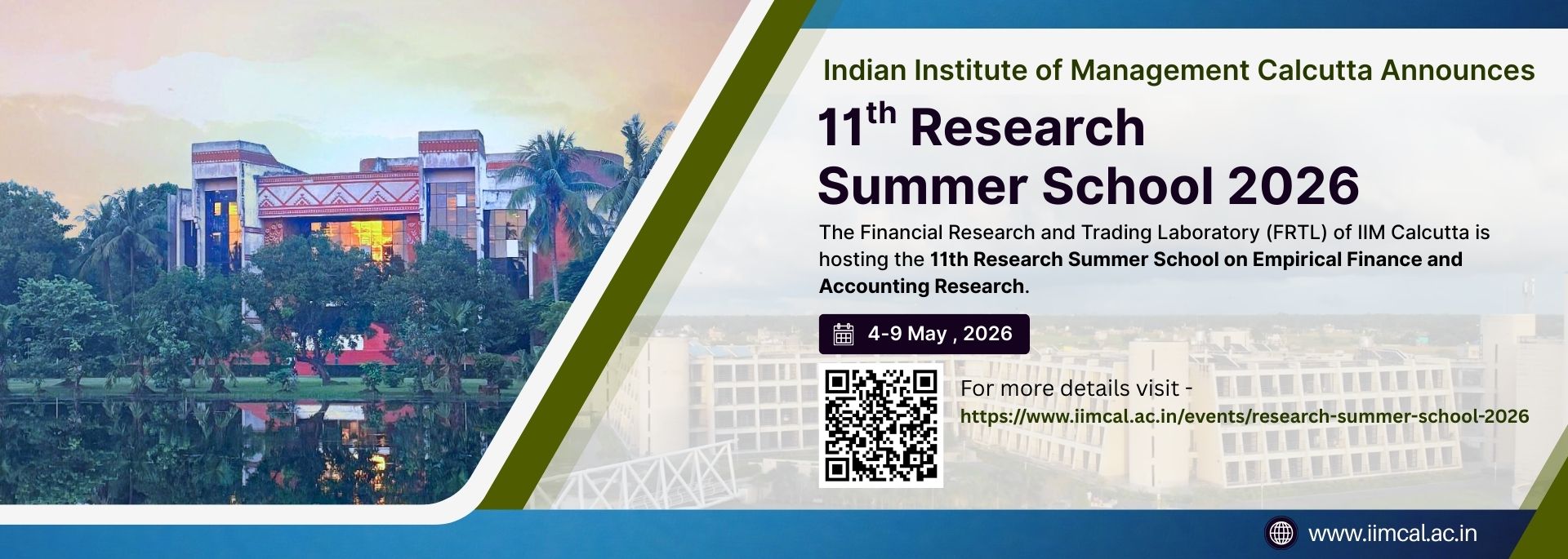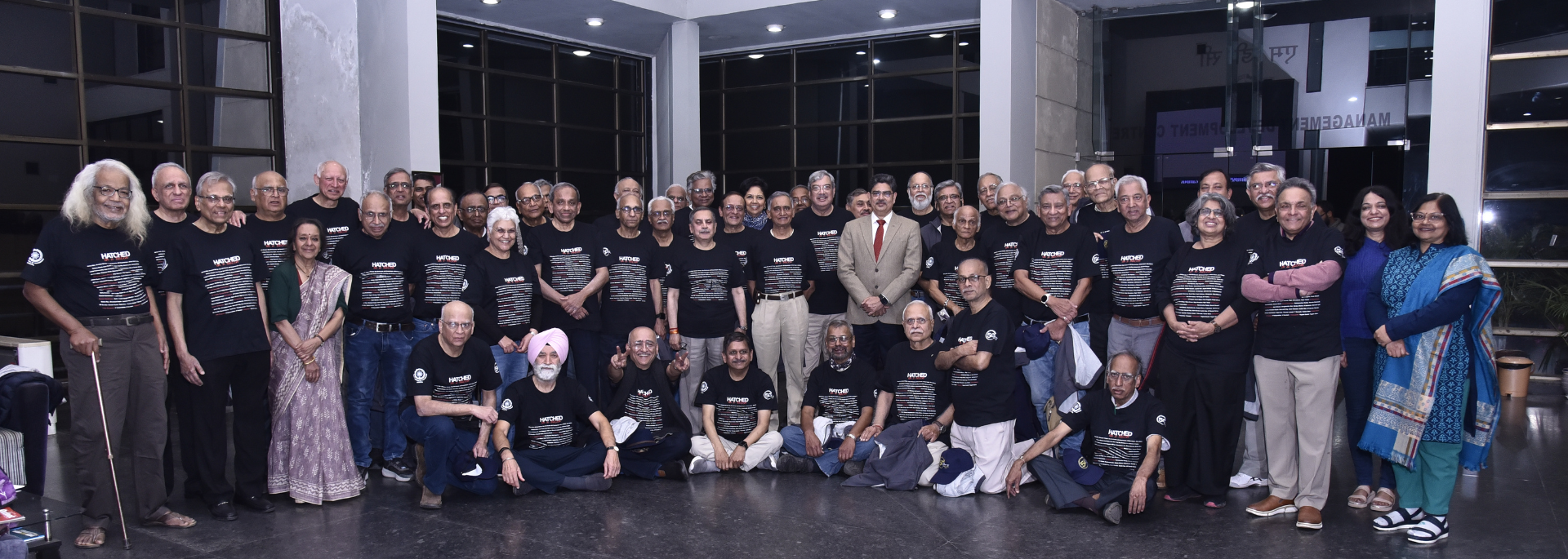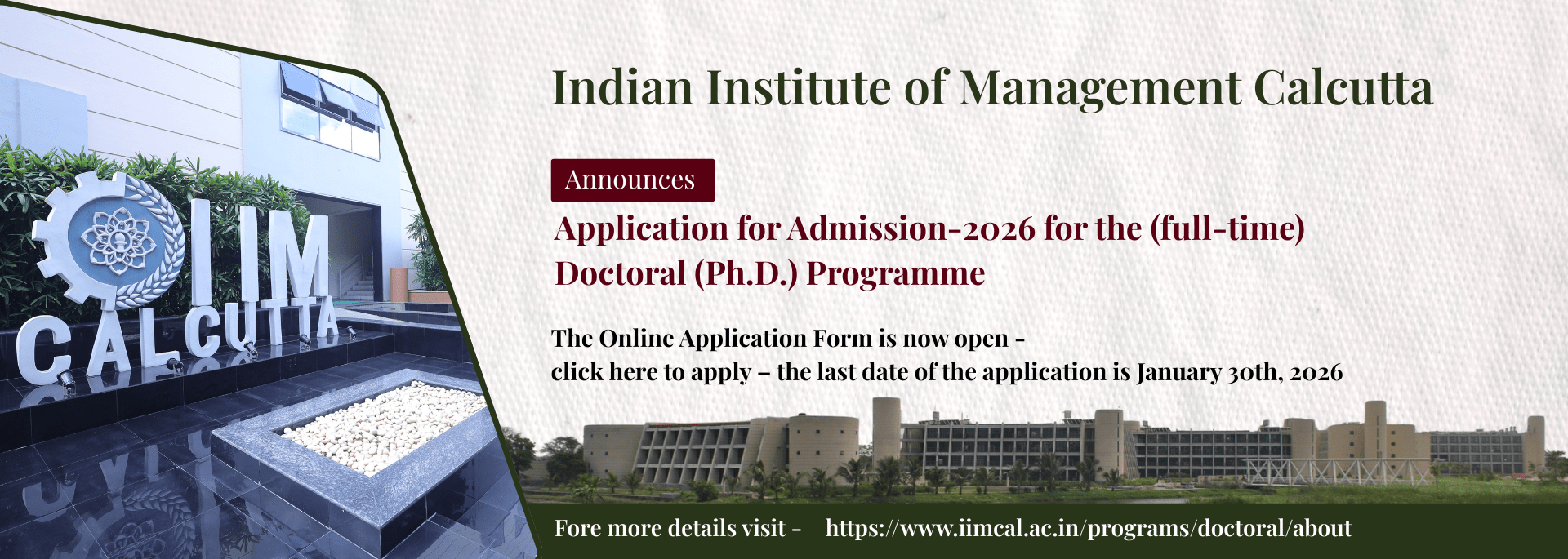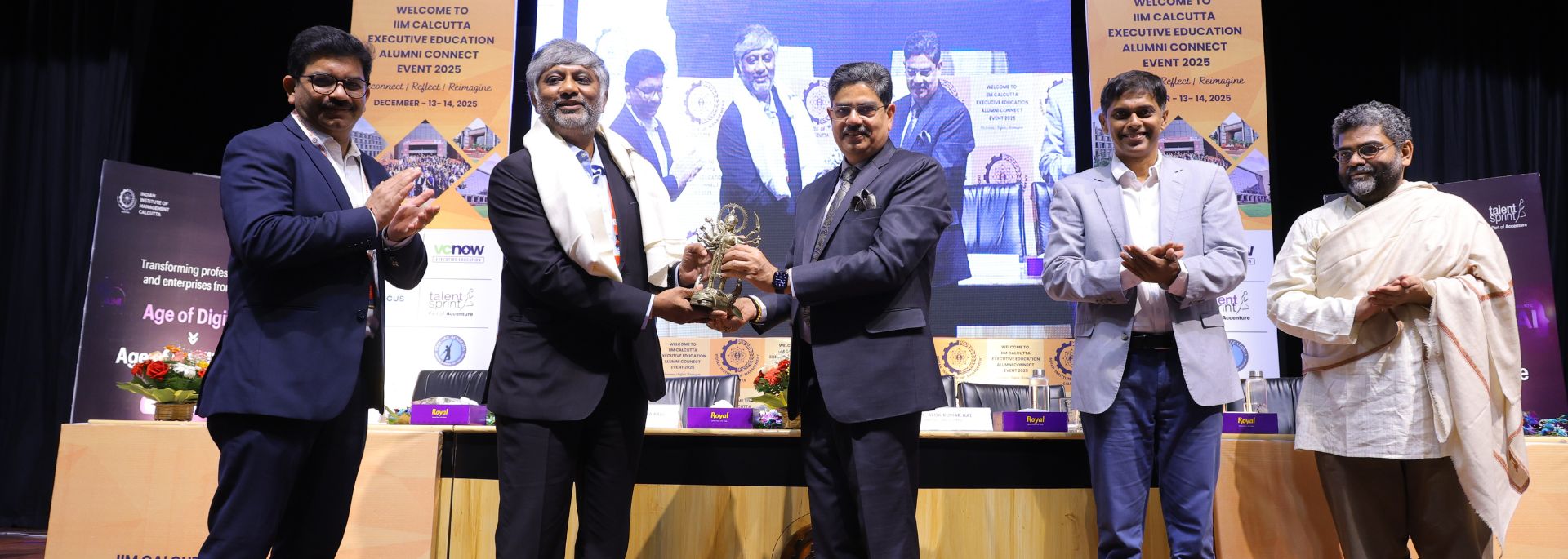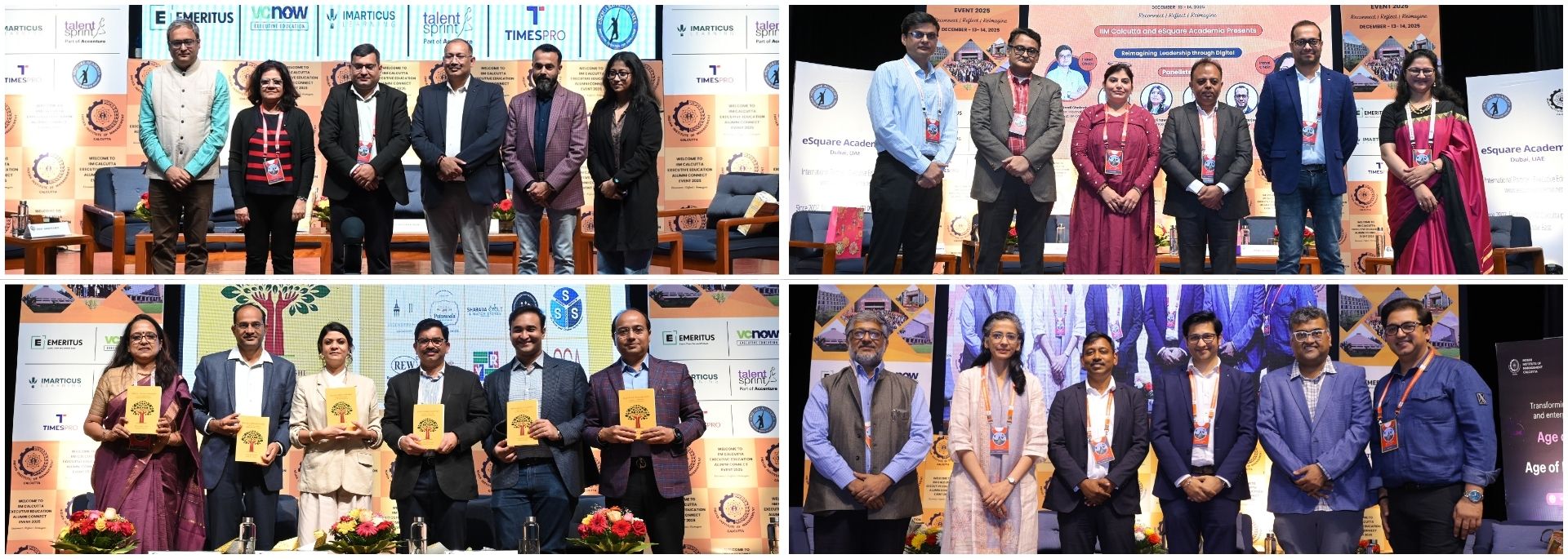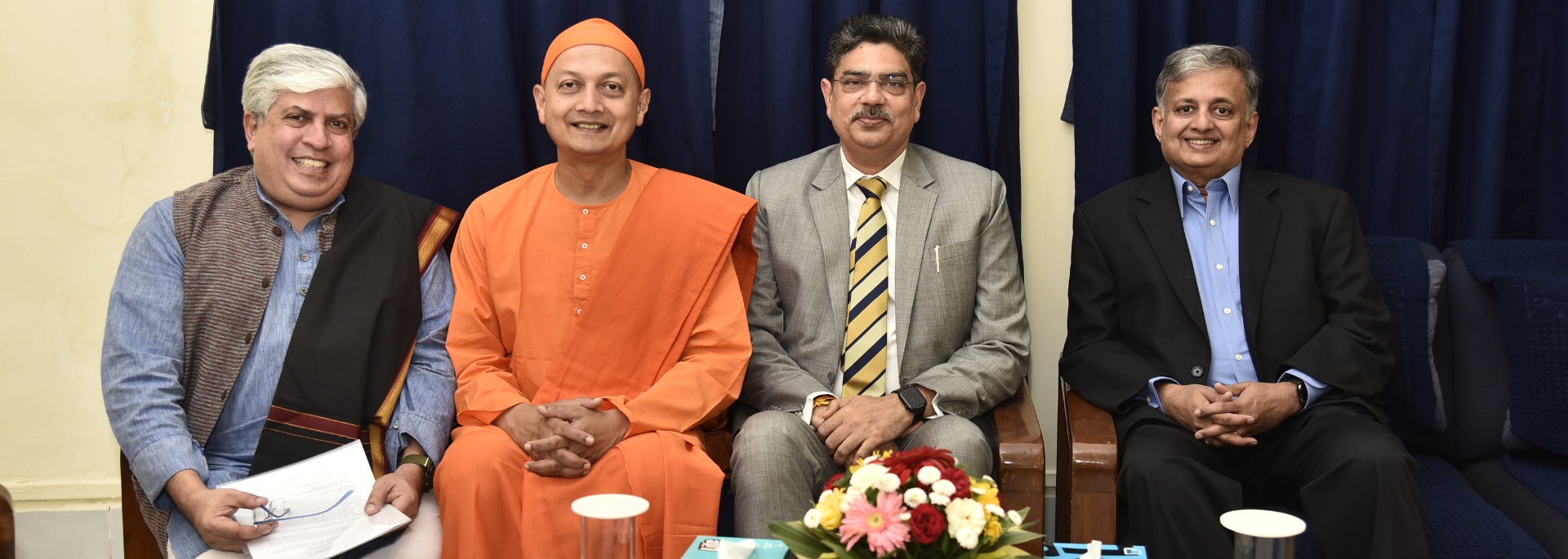
Incorporating technology into every step of its processes, AVIS India has been an innovator under Sunil Gupta.
Sunil Gupta, Managing Director and CEO of AVIS India, has a stellar track record of turning companies around, making him a good fit for a company in need of help. When he came on board as CEO in 2009, AVIS had suffered years of successive losses. But its fortunes were soon revived and revenues doubled within three years. In recent times, the company has been growing at 20–25% year-on-year.
The Managing Director role was added to Sunil’s responsibilities in 2015, a further recognition of his achievement in reshaping AVIS as a leaner business with higher margins. He credits much of this improvement in the company’s fortunes with its embrace of what he terms the “democratisation of IT and technology.”
Beyond boundaries
He describes this trend as one of the most influential he has seen in his eight years at AVIS. Not only has it meant the technology now available to rental companies has become more sophisticated and powerful, it has also become more cost-effective.
“The boundaries have been removed,” Sunil says. “It used to be more about physical distribution and you had to invest a lot of money into IT. Now, with the cloud and ecommerce, you don’t need a lot of investment to get your IT stuff going.”
A mechanical engineer by training, Sunil has also worked across marketing and sales in companies such as luxury brand Kuoni, Unilever and Thomas Cook. At Thomas Cook, he was credited with turning around the leisure travel division. With this exposure to client-facing aspects of major businesses, he brings a keen appreciation of optimising the customer experience, highlighting its importance in his roles at AVIS.
Under Sunil’s leadership, AVIS has leveraged technology to improve its internal processes, resulting in a more cost-effective and convenient experience for its customers. He points to the system for booking rental vehicles as proof of this. AVIS has a call centre for bookings, but is increasingly leveraging existing online booking tools and apps into its reservation system.
Once customers have rented a vehicle, the process continues to be paperless and entirely automated. The process of counting the kilometres that each rented vehicle travels, for example, is started and stopped by a simple press of a button. There is no need to manually enter travel times or verify distances as the process is fully automated and then confirmed by the customer with a single click. Similarly, payment can be approved digitally and with minimal expenditure of time or effort by company or customer.
The system also has the capacity to charge different rates for each client rather than the flat rates applied by Uber or taxis. Sunil says automation has given AVIS a significant competitive advantage. “Nobody in the country has our system yet. I don’t think we have come across the same end-to-end digitisation of the process anywhere else.”
Implementing such an efficient system has been a collaborative effort. “Most of our IT system is homegrown by Indian partners,” he comments. “We partner with the best. If you have partners who share your vision for the future and are keen to keep pushing the envelope, it’s wonderful.”
AVIS has worked with partners such as MapmyIndia, which supplies satellite maps and GPS navigation technology, to offer a cost-effective system. “More and more in this disruptive world, we see you can’t do everything on your own. You cannot develop expertise at every stage of your operation.
“You need partners who are in step with you to improve the user experience,” he says. “For instance, all our cars have to be impeccably maintained, so we need extensive and close partnerships with the dealerships. They are the people who ensure the cars are running. So, we depend entirely on these dealerships and how quickly they can turn a car around and get it back on the road.”
It is not just mapping technology or dealerships that play essential roles in the business, Sunil adds. “Partnerships affect you in so many ways, it’s hard to think of a business area where you can succeed without collaboration with partners. Ultimately, you deliver value to customers, so the whole chain of relationships has to be cutting edge.”
Potential for growth
While AVIS has always been in the car rental business in India, Sunil also believed there was enormous potential for growth in the underserved corporate leasing sector. He explains that there are inherent benefits for corporate customers to lease rather than buy vehicles and notes that part of his role has been educating clients about these advantages. In addition to the tax benefits that come with leasing and the lack of a need for any down payment, he says leasing offers clients predictability of expenditure.
Further, Sunil notes businesses opting to rent a fleet of vehicles instead of purchasing, saves a lot of hassle. “To buy cars, you need a huge administrative department. Procuring them, servicing them and then selling them off. All those things are very time-sensitive. With leasing, the whole management of the fleet is something you can offload.” Since vehicles are inevitably depreciating assets, the ability to avoid spending capital while still having access to a modern, well-serviced fleet is even more appealing.
An executive with deep experience in repositioning a brand, Sunil also oversaw the introduction of AVIS’s Red Carpet Lease initiative, which is designed to appeal to corporate clients looking for cars on an operating lease that ensures 24/7 and 365-day mobility. Including extras like accident management, stay new plan, repairs and maintenance, roadside emergency assistance and replacement vehicle services, the program offers customers the opportunity to outsource every aspect of their fleet needs to AVIS.
Sunil describes the company’s approach as car brand-agnostic, meaning that it offers clients a car brand of their choice. It can also assist customers with fleet consulting and management, providing a holistic service that goes far beyond simply providing vehicles. This level of service has already seen blue-chip clients, including LG, Barclays and Deloitte, come aboard.
While the AVIS service may initially seem relatively expensive on paper, Sunil says it offers its clients peace of mind and far higher value. “Because of our robust, high-fidelity system, the ultimate spend for our customers is actually lower. We have higher quality, reliability and transparency than the local services we compete with, and you know what you are getting into.”
Considering how AVIS will continue to distinguish itself from its competitors, Sunil returns to the theme of innovation. “We have been able to use a lot of technology to stay ahead of the competition,” he explains. “We’ve grown five times in the eight years that I’ve been here.”
AVIS is now planning to move processes that are currently only on desktops to apps. Even when this project is completed, however, the company will continue looking for efficiency gains through new technology. “The pace of change in the field of mobility is incredible. Electric vehicles and autonomous self-driven vehicles are nearer than we imagine and there is no room for complacency or inertia,” says Sunil.
“We are always asking: ‘How do we stay in step with all the disruption in the market?’. We are trying to predict what the customer will want next month and next year, and tailor the company’s offerings in the market to that. We can’t even stay where we were last month – it’s that critical. If we are not able to push the envelope, then we are an absolute sitting duck.”


